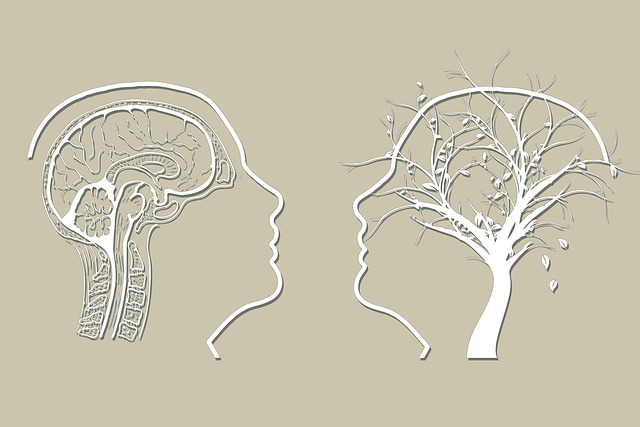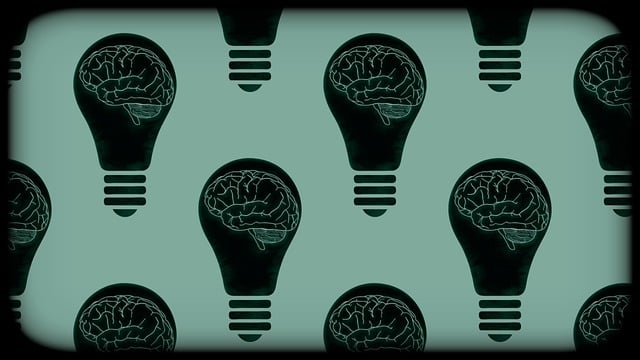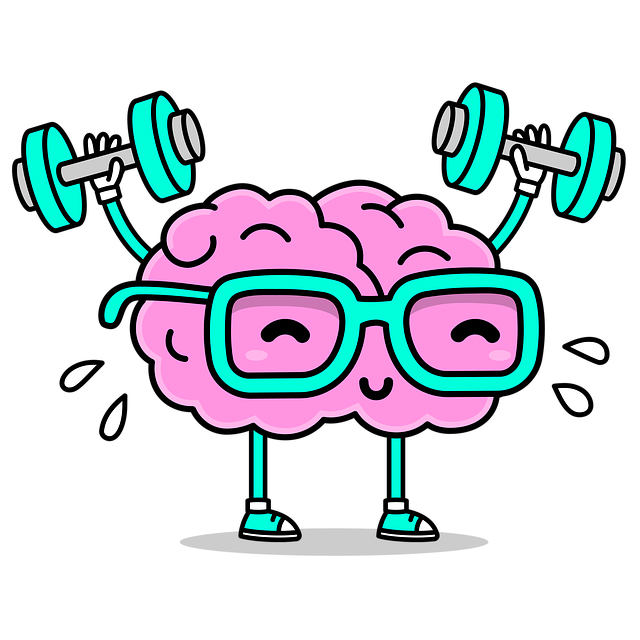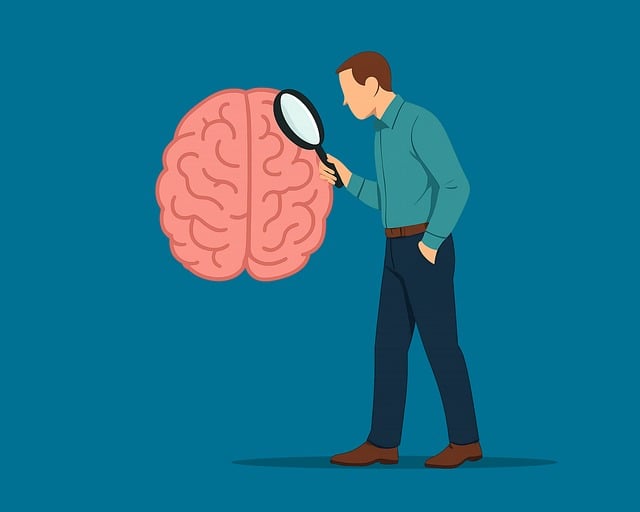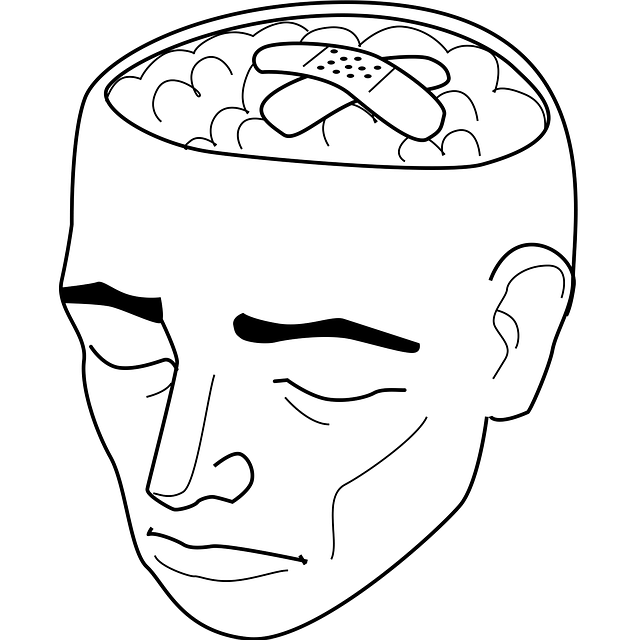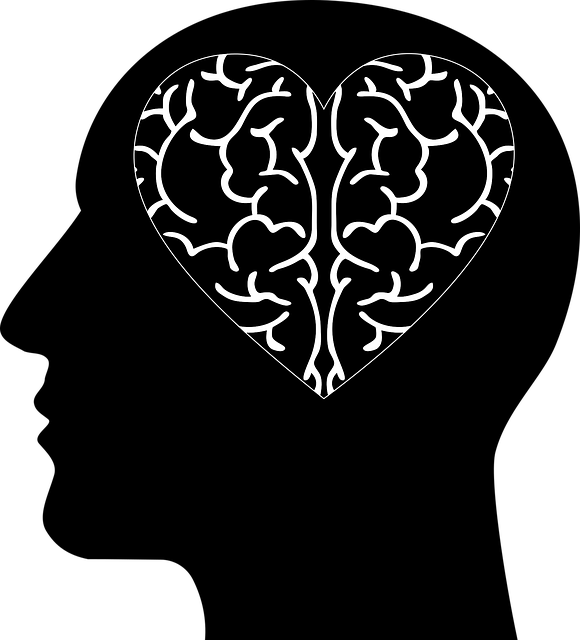Understanding mental illness diagnoses is a critical first step for young adults seeking therapy and crisis counseling. Early intervention through accurate assessments by mental health professionals allows for personalized treatment plans addressing unique needs, incorporating self-care practices, coping skills development, and accessible resources like mental wellness podcast series. Crisis counseling offers immediate assistance and short-term relief, while specialized therapies like CBT or DBT provide tailored self-awareness exercises for long-term care. Organizations dedicated to mental health offer workshops and advocate for policy changes to ensure accessible and effective treatment options for young adults, empowering them to manage their mental well-being and lead fulfilling lives.
Mental illness diagnoses can be challenging for young adults to navigate, but with proper guidance, recovery is achievable. This comprehensive guide addresses key aspects of supporting young adults through their mental health journeys. We delve into understanding specific diagnoses, exploring various therapy options, and implementing effective strategies for continuous support and recovery. By equipping individuals and their loved ones with knowledge and resources, we aim to demystify the process, emphasizing the importance of early intervention and ongoing care, particularly in the context of crisis counseling and therapy for young adults.
- Understanding Mental Illness Diagnoses for Young Adults
- Navigating Crisis Counseling and Therapy Options
- Effective Strategies for Continuous Support and Recovery
Understanding Mental Illness Diagnoses for Young Adults

Understanding Mental Illness Diagnoses for Young Adults is a crucial step in navigating therapy and crisis counseling. Many young adults struggle with mental health issues that, if left unaddressed, can escalate into severe crises. Early intervention through proper diagnoses enables tailored treatment plans focusing on individual needs. This often involves a comprehensive evaluation by mental health professionals who use evidence-based methods to assess symptoms, behaviors, and personal histories.
Self-care practices and coping skills development are integral components of this process. Mental wellness podcast series production has also gained popularity, offering accessible resources for learning about various mental health topics. By combining these strategies with professional guidance, young adults can better manage their conditions, enhance their mental wellness, and lead fulfilling lives.
Navigating Crisis Counseling and Therapy Options

Navigating the landscape of mental health support can be overwhelming, especially during a crisis. For young adults seeking therapy, understanding their options is crucial. Many turn to crisis counseling services as an initial step, which provide immediate assistance and short-term relief. These sessions focus on developing coping skills to manage acute distress and often serve as a bridge to more long-term therapy.
With various therapy types available, such as cognitive-behavioral therapy (CBT) or dialectical behavior therapy (DBT), young adults can find specialized care tailored to their needs. Self-awareness exercises and coping skills development are integral components of these therapies, empowering individuals to take charge of their mental well-being. Moreover, advocates for mental health policy analysis and advocacy play a vital role in ensuring accessible and effective treatment options for this demographic.
Effective Strategies for Continuous Support and Recovery

Mental illness doesn’t have to define a young adult’s future. With the right support, many find lasting healing and recovery through therapy and counseling. Crisis counseling plays a pivotal role in providing immediate assistance during intense periods, offering coping strategies to navigate overwhelming emotions. This initial step is crucial for preventing further escalation.
Following crisis intervention, ongoing therapy sessions foster emotional healing processes. Therapists help individuals understand their thoughts and behaviors, promoting positive thinking and stress management techniques. Organizations dedicated to mental health often offer workshops focusing on stress management as a proactive approach to well-being. By integrating these strategies into daily life, young adults can gain valuable tools for self-care, building resilience, and fostering overall mental fortitude.
Mental illness diagnoses can be overwhelming, but with the right navigation assistance, young adults can find their path to recovery. By understanding the intricacies of mental health conditions specific to this demographic and leveraging effective strategies for continuous support, individuals can access the best therapy for young adults crisis counseling offers. Overcoming challenges in navigating these services is crucial for fostering long-term well-being and ensuring folks receive the care they need without delay.
